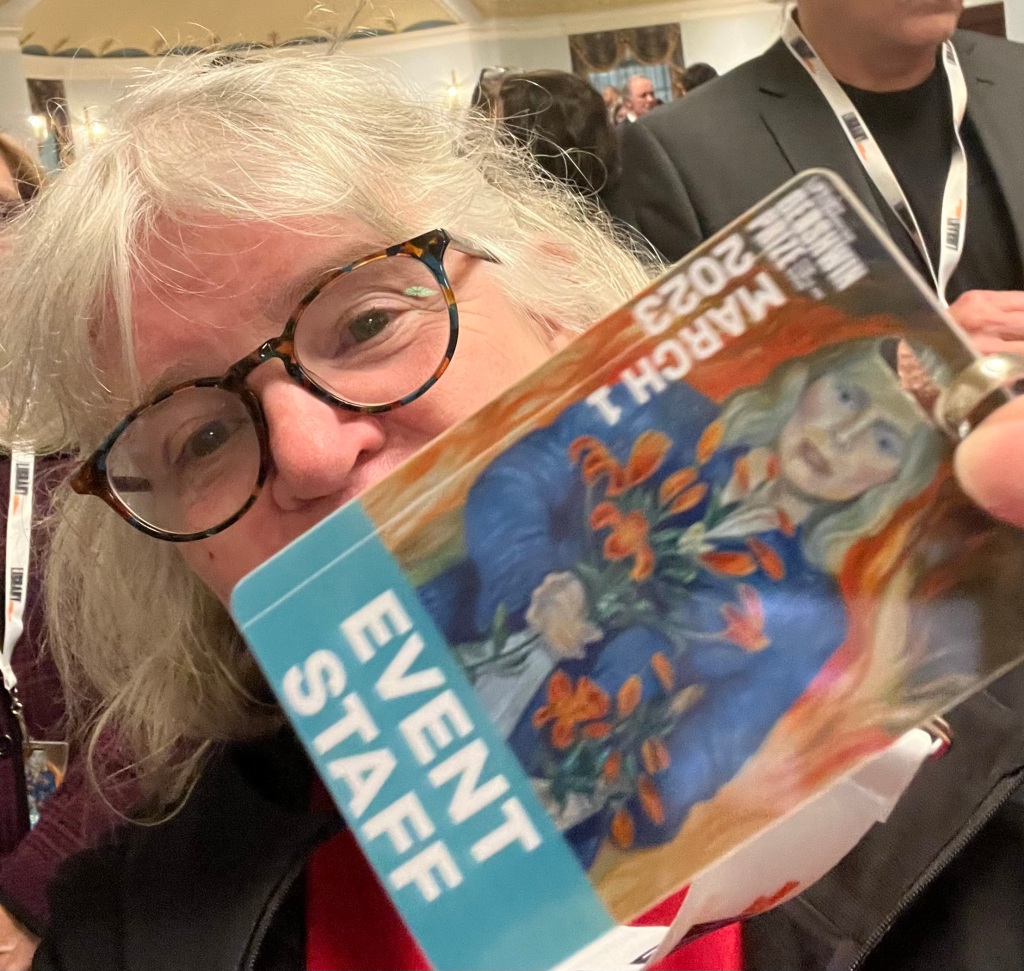This is not my usual type of post. It’s not a story about me but news about the church I love. The church in which I labor in love. I make my living there with words and words matter.
The Episcopal Church is a liturgical church. We pray what we believe, and we believe what we pray: lex orendi, lex credendi. Our bedrock beliefs (interpreted in myriad ways) are printed between the covers of the Book of Common Prayer.The Prayer Book is common not because it is commonplace but because its prayerful words are shared across both space and time.
Anglicans are both catholic and protestant. The BCP is a direct descendant of the Roman Catholic Mass. We worship God both in word and sacrament and read from Holy Scripture. Since the very first prayer book of 1549, the Book of Common Prayer defines what it means to be an Anglican, globally (and Episcopalian, locally.)
This does not mean that Yahweh handed down the BCP from Mount Sinai on stone tablets or that Jesus celebrated his Last Supper with the Book of Common Prayer! Each province of the Anglican Communion has its own version of the BCP. The first American prayer book was published in 1789 and has been revised many times to reflect the times.

We are now using the 1979 edition. Some “cradle Episcopalians” still call this the “new prayer book”! Though slow to change, revisions to the Prayer Book are considered at General Convention every three years.
My parish Emmanuel’s Sunday bulletin is the Book of Common Prayer – just printed on different paper. This allows us to fully engage the liturgical richness of our tradition – as we cycle through all it has to offer.
General Convention met just this past summer in Austin, Texas. The process to begin the revision of the 1979 BCP was debated. Episcopalians do things by committee: scholars, bishops, clergy, lay people, new members – all included. It’s a long process taking many years. (The BCP before 1979 was 1928!)
As an interim step, General Convention overwhelmingly approved Expansive Language changes to Rite II for trial use.
Emmanuel will incorporate the changes into our Sunday bulletin starting November the 11th.
Fair warning!
If you are a cradle Episcopalian and went through the previous revision, this process and these changes may annoy you!
On the other hand, being a cradle Episcopalian, you may celebrate the evolution of the liturgy.
And if you recently wandered into this corner of God’s kingdom, you might not even notice!
Here’s a sampling of the changes:
Opening Sentences: Blessed be God: holy, glorious, and undivided Trinity. And blessed be God’s reign now and forever. Amen.
“God be with you” instead of “the Lord be with you.”
“Hear what the Spirit is saying to God’s people” instead of “the word of the Lord.”
Nicene Creed now reads “was incarnate of the Holy Spirit and the Virgin Mary and became truly human” instead of “made man.”
Sometimes “he”, “Lord” are replaced with “Jesus,” “Christ”, or “Savior.” (But not always!)
Sometimes “Father” is replaced by “Almighty God”, “Holy One”, or “God Everlasting”. (But not always!)
If you want to read more, check out this article at Episcopal News Service:Convention Approves Uses of Expansive Language Version of Rite II.
At Emmanuel, starting October 28th, paper copies of all the changes will be available in the narthex.
Comments? Questions? All welcome!

Note: And if you’re in town, come worship with me at 8 a.m.or 10:30 a.m. any Sunday at Emmanuel Episcopal Church located at 1608 Russell Road, Alexandria, Virginia. ALL are welcome! NO exceptions!





Leave a comment